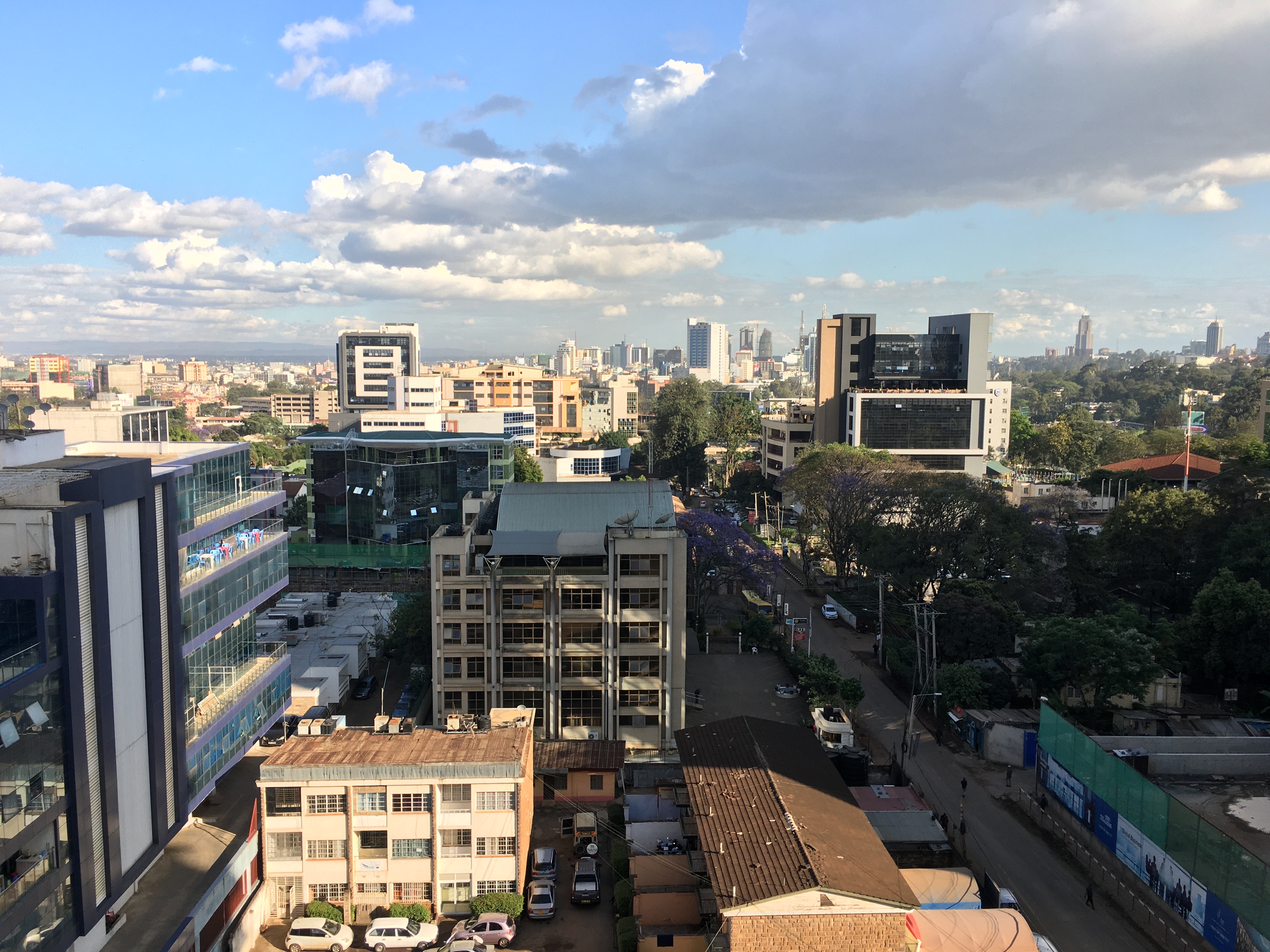 November 4, 2019
November 4, 2019
Kenya: Primed for Growth
By EFG Hermes Research
Kenya continues to be an attractive investment destination thanks to a number of measures taken by current President Uhuru Kenyatta to tackle fiscal and monetary reform, boost the local economy, and open the market to an inflow of funds. The outlook for the next six months is positive, post the expected repeal of the rate caps, whilst valuations are favorable.
- Repealing Interest Rate Caps
In October 2019, President Kenyatta sent Parliament a finance bill proposing the full repeal of interest rate caps, which we expect will go through. This should further boost private sector growth, encourage local institutions to invest in equities, and reverse a ten-year slowdown in pension fund allocation to equities. The rate cap reform also gives the Central Bank of Kenya (CBK) room for policy rate cuts in the near term and could pave the way for the IMF to renew the country’s Stand-by Arrangement.
- Fiscal Improvement
Over the past five years, fiscal reforms led to an improvement in the country’s primary balance, which has shrunk 2.89% over FY2014-15 thanks to a slowdown in development expenditure. Credit growth rose to 6.5% y-o-y in August 2019 while headline inflation fell to 3.8% y-o-y in September 2019, the lowest since April 2018, with limited foreseen upside risks in the coming period. Balance of payment data continues to show improvement with the current account deficit down to 4.3% of GDP in July 2019 and reserves are now relatively stable at 5.6 months of import cover.
On the downside, however, fiscal consolidation has slowed in recent years with tax revenue as a percentage of GDP falling sharply since FY2016-17 to c.15.1% in FY2018/19. Deficit for the same year was 40bps over target (7.2% vs 6.8% budgeted), which in turn will limit the short-term stimulus scope.
Kenya’s total debt to GDP – despite being high relative to peers at c.57% of GDP — has stabilized.
- Political Shakeups
In July 2019, Finance Minister Rotich was arrested and removed from his position post trial and replaced by Ukur Yatani, a former Minister of Labor. Since Rotich’s departure, economic coordination has improved, rate cap reform is back on the agenda, fiscal consolidation is progressing and talks with the IMF are now a possibility. However, political uncertainty may continue to loom over stock market performance due to the 2022 elections, the proposed constitutional referendum and corruption trials.
Despite some political uncertainty and a relatively high total debt to GDP ratio, we believe the Kenyan market is a prime investment destination, and the proposed interest cap reform will transform the country into an attractive and lucrative hub for investors looking to penetrate the African market.
